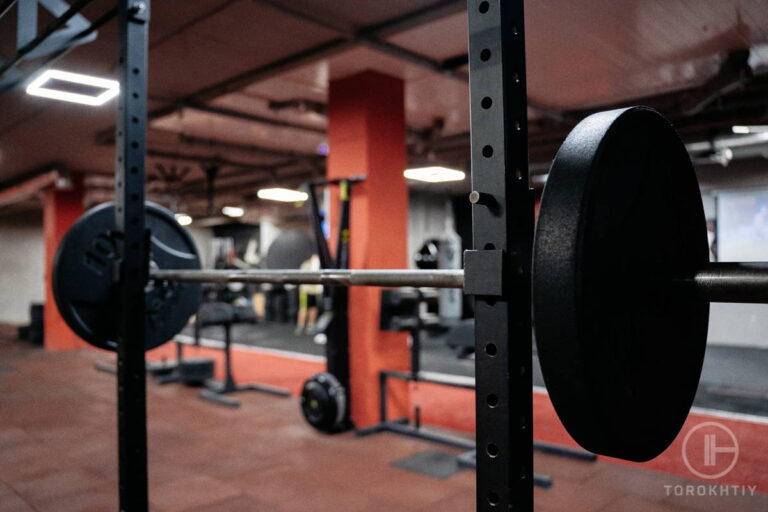Can You Drink Protein Shakes Without Working Out?
Protein shakes are a powerhouse of amino acids and nutrients. Proteins in these shakes help replenish and repair your muscles by aiding in the body’s muscle protein synthesis (MPS). However, note that the timing of when you take the protein shake is not important for most people.
So what’s important to know is:
Can you drink protein shakes without working out? Yes, your body needs proteins to maintain your muscle mass and to repair the muscles. Significant portion of the proteins is utilized by the body to perform numerous physiological functions such as the synthesis of hormones, enzymes, neurotransmitters, and even other proteins.
Can you drink too many protein shakes? If so then what are the downsides? Yes, you can have too many protein shakes. If you’re chugging down the protein drink every 2 to 3 hours while also having your regular meals, this can be classified as drinking too much protein shakes.
Also, replacing regular meals with protein shakes is a big no no! Doing that once in a while is fine but to replace your proper meal with protein shakes is not a good idea. Remember, protein shakes are a dietary supplement, not a substitute for a healthy meal!
So as long as you ensure that you stay within your daily protein requirements, you can prevent any negative effects of over consumption.
Let’s get into the details of drinking protein shakes without working out, and any potential downsides of over consumption.
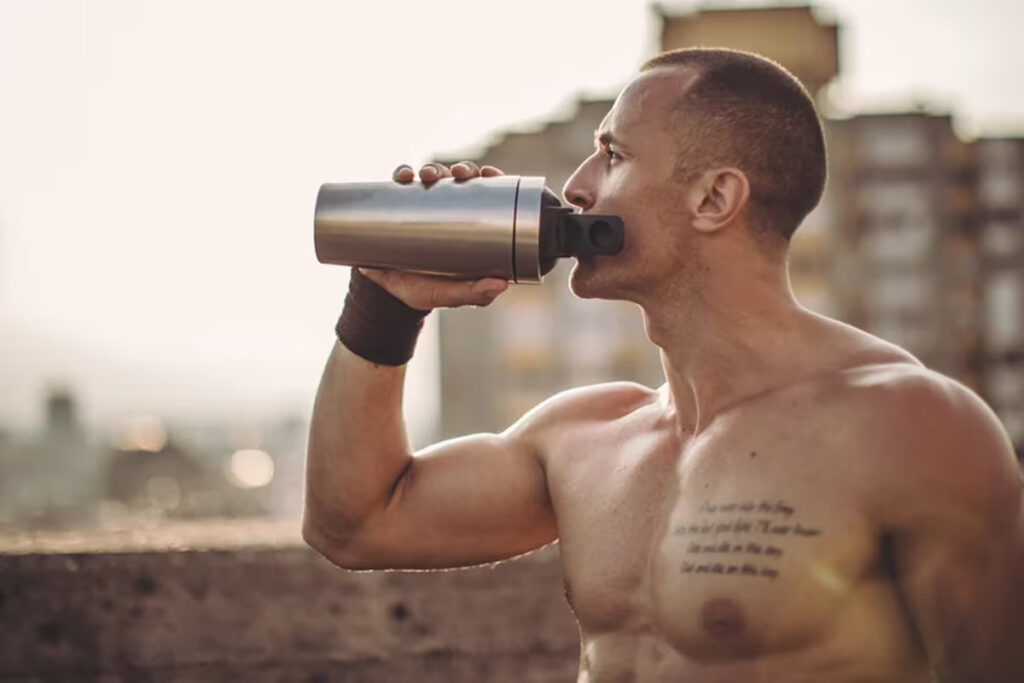
What Happens When You Drink Protein Shake Without Working Out?
Protein shakes are designed to be the perfect supplement to quickly supply your body with the necessary nutrients.
If you’re someone who works out, protein shakes can offer high-quality proteins that are nutritious, easy to digest, and fast to absorb.
The goal of drinking protein shakes should be to provide your body with enough proteins and nutrients. With resistance training, the protein shake can help meet the increased requirements of your body’s recovery process.
However, even if you don’t exercise, your body will simply utilize the protein shake in a different manner as long as you are meeting your daily intake needs.
That doesn’t mean you can start chugging protein drinks on a regular basis, which brings us to our next point…
Interesting fact: Whey protein is one of the world’s most studied and researched supplements. It has a full profile of amino acids as it is packed with all nine essential amino acids, which includes a full profile of BCAAs.
Potential Downsides of Drinking Too Much Protein Shakes
So before you go overboard, here are 3 possible downsides of drinking too much protein shakes:
- Weight Gain
- Potential Kidney Problems
- Potential Digestive Issues
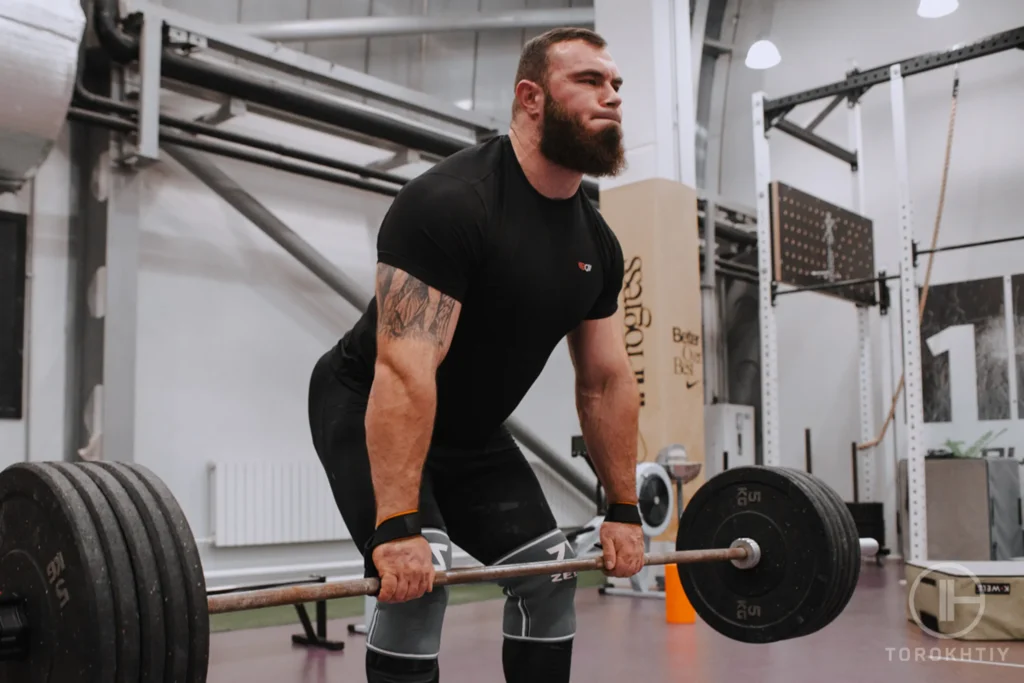
1. Weight Gain
So, can protein shakes make you gain weight without working out? Yes and no. It depends on your total caloric intake for the day.
A regular whey protein shake mixed with water can give you anywhere between 110 to 200 calories. However, these shakes are usually made with other ingredients mixed together, like milk and bananas or any other fruits.
This can take the calories to 350 to 400 or more per drink. If you’re not working out, this can add up in the long run as a caloric surplus, resulting in unwanted weight gain.
Until you stay within your daily caloric intake, you should be fine. If you are considering getting protein shake as a meal itself you might like the idea of SuperShake – for example, you can have it with yogurt, fruits, and some nuts for a quick and easy breakfast in the morning.
A lot of people wonder; does protein turn into fat if you don’t workout? Well yes and no, as the body is more prone to convert excess carbohydrates and fats into fat stores.
However, with excess proteins, you’re getting excess calories, so it can (rarely) turn those into fat stores. However, If you’re on a caloric surplus more likely your body will change excessive fats and carbohydrates into fat stores.
2. Potential Kidney Problems
Like everything else in life, moderation is key. The same goes for protein shakes, if you’re gulping them down like there is no tomorrow, you need to be careful.
If you are an individual who already has kidney disease or a history of kidney problems, note that overconsumption of proteins might put a strain on your kidneys. This can lead to kidney problems/damage.
However it’s important to know that there is strong evidence that shows the high-protein diet does not damage a healthy kidney.
The best way to go is to accurately calculate how much protein you need on a daily basis. This way you can enjoy your protein shakes while keeping your kidneys healthy as well!
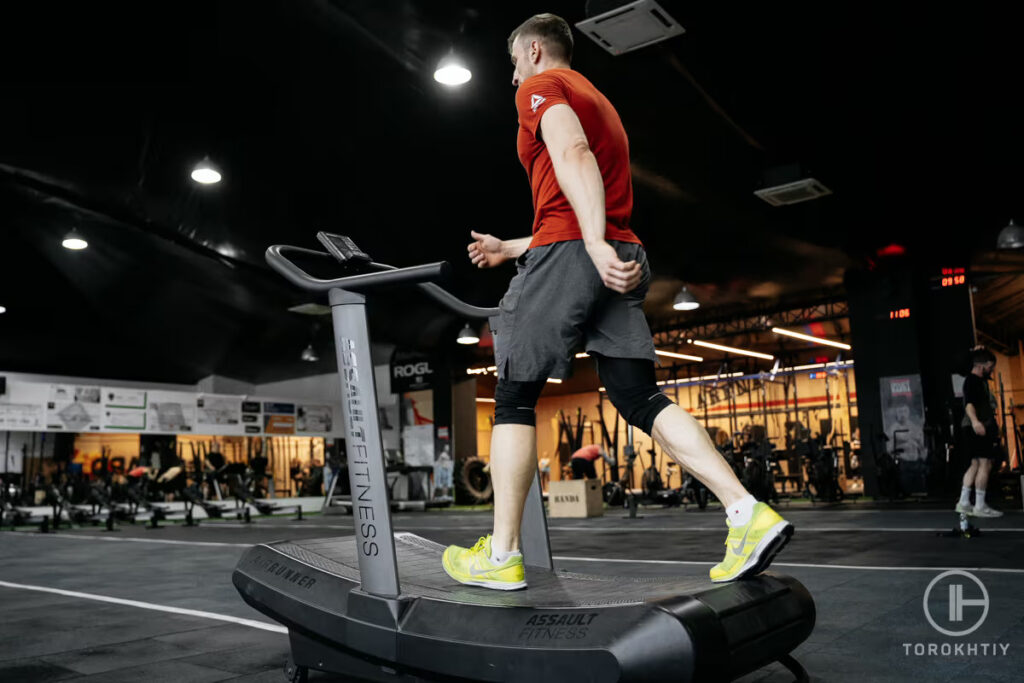
3. Potential Digestive Issues
Even though protein powders are safe to consume, there are some instances where they may cause some digestive side effects.
This is mostly true for people who are lactose intolerant, allergic and are consuming whey protein made from dairy products.
Also, some studies have shown that individuals who suffer from irritable bowel syndrome may also experience gas, bloating, and stomach upset.
An easy solution here is to switch to a protein powder that’s made from plants and check the ingredients label for anything that’s not suitable for you.
Even though protein shakes can be a healthy food supplement, they are not equal to proper good quality whole foods.
Downsides of Not Having Enough Protein
Protein is one of the most essential nutrients known to be the building block of your body. Protein deficiency can lead to major health problems as people tend to consume less amount of protein on a daily basis.
In developed countries, protein deficiency is less common but can still occur in certain populations, such as elderly individuals or individuals with eating disorders.
Here are some signs that can show you might not have enough proteins in your diet:
- Edema, swollen and puffy legs, feet, skin, and hands
- Loss of muscle mass
- Weak hair, nails, and skin
- Stunted growth in children
- Fatigue and tiredness
- Prone to infections and slow healing process
- Thinning of the hair and brittle nails that break easily
The importance of consuming enough proteins cannot be understated. If you’re incorporating protein shakes to reduce any risks of protein deficiency, then that is a good idea! As long as you don’t over do it of course!
How Much Protein Do You Need?
There are a number of factors that contribute to your protein needs, such as:
- Weight
- Age
- Activity levels
- Target weight
For someone who hits the gym regularly and works out really hard, and wants to maximize muscle protein synthesis, the protein requirements will be much different and higher than for someone living a sedentary lifestyle (timing can also matter).
Let’s give you a general idea of the protein requirements for different activity levels of a person:
- Athlete level: 2 or more grams per kg of bodyweight
- Intense levels of workouts: 1.5-2 grams per kg of bodyweight
- Moderate levels of exercise: 1.5 grams per kg of bodyweight
- Minimal activity: 1-1.5 gram per kg of bodyweight
Make sure that you’re including healthy protein sources like whole foods in your daily diet and not relying on protein shakes alone.
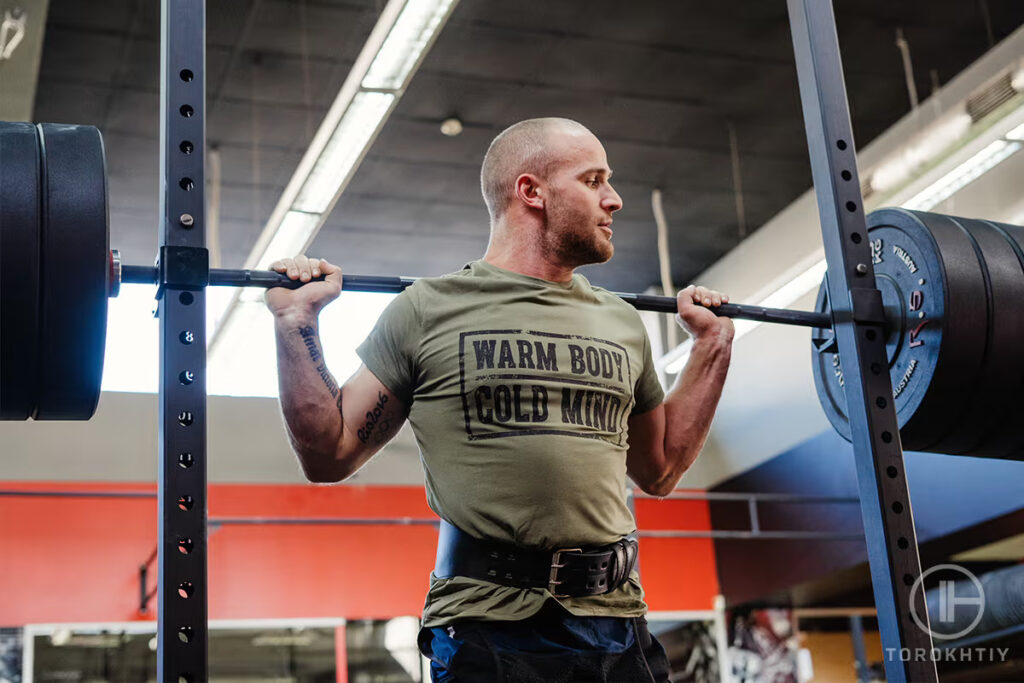
Protein Shakes Are a Good Alternative to High Processed Foods
There are some studies that suggest a diet that’s high in protein offers better satiety. Rather than snacking on processed and packed foods filled with preservatives, this is where protein shakes can not only help fill you up but also provide you with the protein and nutrients beneficial for your body.
You can add fruits and milk of your choice to make a shake that’s a nutritional powerhouse. This will curb your hunger levels, reduce your appetite, and control your cravings for unhealthy foods.
With protein shakes, you’ll be less prone to snacking on unhealthy foods!
Our Recommendation
I recommend using the Promix Whey Isolate Protein Powder as your supplemental protein source. There are no artificial sweeteners or ingredients. I sometimes mix my proteins with water when in a hurry but usually use it in smoothies and milkshakes for pre and post-workouts.
Here are some important details about the Promix whey protein:
- Best for: Building muscle and improving recovery, increasing protein intake
- Suitable for Vegans: No
- Protein Source: Grass-Fed Whey Protein Isolate
- Serving size: 33 grams (2 scoops)
- Price per serving: $1.30 (Unflavored)
- Protein-by-Weight Ratio (%): 91%
- Protein: 30 grams
- Carbohydrates: 2 grams (Unflavored)
- Fat: 0.5 gram (Unflavored)
- Added Sugar: 0 gram
- Calories per serving: 130
- Company Founded: 2011
- Recommended by Athletes: Rashaad Slowley, Kira Stokes
So whether you’re looking to build muscle or simply enjoy a protein drink, this is the whey protein I’d recommend.
FAQ
Is It Bad to Drink Protein Shakes Without Working Out?
No, it’s not a bad thing to have protein shake when not working out. Protein shakes can be really effective at helping you maintain your muscle mass (possible even on small caloric deficit). But, make sure to incorporate protein shakes into a healthy diet routine.
In fact, having enough protein on a daily basis is essential for healthy bodily functions. So make sure you’re having enough proteins every day even if you’re not working out.
Does Protein Build Muscle Without Working Out?
Unfortunately no, you need a stimulus first! In order to build muscle, you need to for example perform proper resistance training.
Does Protein Turn Into Fat if You Don’t Workout?
Yes it’s possible in some situations. What you need to know is when you consume more protein than your body needs, it will increase your caloric intake, which can cause a caloric surplus in energy balance and result in weight gain.
Do You Have to Workout to Drink Protein Shakes?
No you don’t have to work out to have a protein shake! You can drink protein shakes as a part of your healthy diet. There’s no rule that you have to work out to drink protein shakes but it’s recommended that you do some form of physical exercise to be healthy.
Conclusion
Hopefully, this article has helped in allaying your concerns about having protein shakes and not working out. However, keep your calories and your protein intake in check.
This way you won’t end up gaining unwanted weight while reaping the full benefits of the nutrients present in the whey protein.
So, what are your thoughts on the whole ‘not working out and drinking too much protein shake’ conundrum? Do you like to have a protein shake every now and then? Or do you prefer to avoid it altogether? We’d love to hear your thoughts so let us know in the comments section!
Also read:
- Mass Gainer vs Whey Protein
- How to Make Protein Shakes Taste Better
- Why Do Protein Shakes Make Me Nauseous
- Why Is Protein Powder So Expensive
- Best Things to Mix Protein Powder With
- Protein Powder vs Amino Acids
- How Often Should You Drink a Protein Shake
- Pre Workout vs Protein Powder
- Whey Isolate vs Whey Protein
References:
- Changes in Kidney Function Do Not Differ between Healthy Adults Consuming Higher- Compared with Lower- or Normal-Protein Diets: A Systematic Review and Meta-Analysis // National Library of Medicine: https://pubmed.ncbi.nlm.nih.gov/30383278/
- Are you getting too much protein? // Mayo Clinic Health System: https://www.mayoclinichealthsystem.org/hometown-health/speaking-of-health/are-you-getting-too-much-protein
- Dietary protein – its role in satiety, energetics, weight loss and health //Cambridge University Press: https://www.cambridge.org/core/journals/british-journal-of-nutrition/article/dietary-protein-its-role-in-satiety-energetics-weight-loss-and-health/CCA49F7254E34FF25FD08A78A05DECD7
- Should You Have a Protein Shake Before or After Your Workout? // Healthline: https://www.healthline.com/nutrition/protein-shake-before-or-after-workout
- Do Protein Shakes Make You Fat if You Aren’t Working Out? // Livestrong: https://www.livestrong.com/article/513896-do-protein-shakes-make-you-fat-if-you-arent-working-out/
- Does Protein Build Muscle Without Working Out // ProteinProAdvice: https://www.proteinproadvice.com/does-protein-build-muscle-without-working-out/
Why Trust Us?
With over 20 years in Olympic Weightlifting, our team does its best to provide the audience with ultimate support and meet the needs and requirements of advanced athletes and professional lifters, as well as people who strive to open new opportunities and develop their physical capabilities with us.
By trusting the recommendations of our certified experts in coaching, nutrition, dietology, and sports training programming, as well as scientific consultants, and physiotherapists, we provide you with thorough, well-considered, and scientifically proven content. All the information given in the articles concerning workout programming, separate exercises, and athletic performance, in general, is based on verified data. We ensure that you can rely on our professionals’ pieces of advice and recommendations that can be treated as personalized ones which will benefit you and fully meet your needs.
The product testing process is described in more detail here
Author: Jacek Szymanowski
Certified Nutritionist,
M.Sc.Eng. Biotechnology
Performance Architect,
Strength and Conditioning Specialist
With over 30 years of fighting experience, specialization in nutrition coaching for athletes, and expertise in metabolic health and dietary strategies, Jacek offers a comprehensive approach to optimizing your performance and well-being. Backed by a Master of Science degree in Biotechnology, Jacek remains at the forefront of scientific advancements, ensuring that his coaching is always evidence-based and up-to-date.

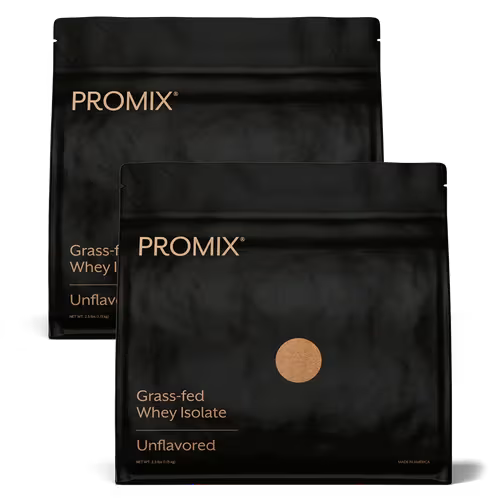

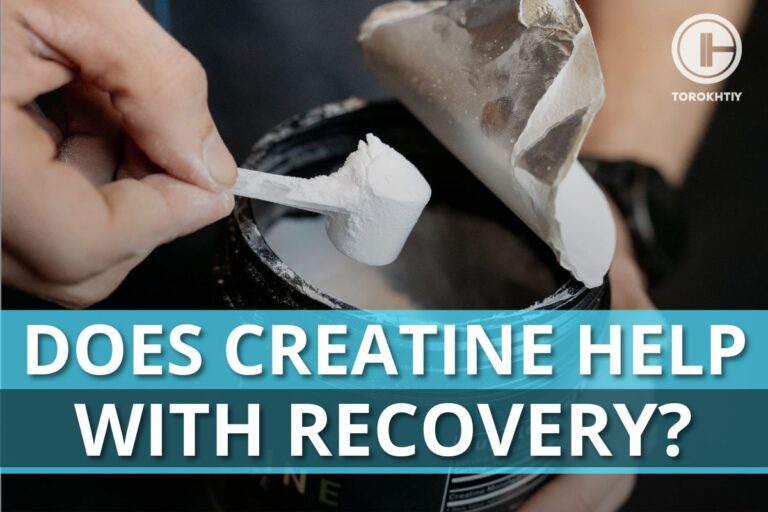
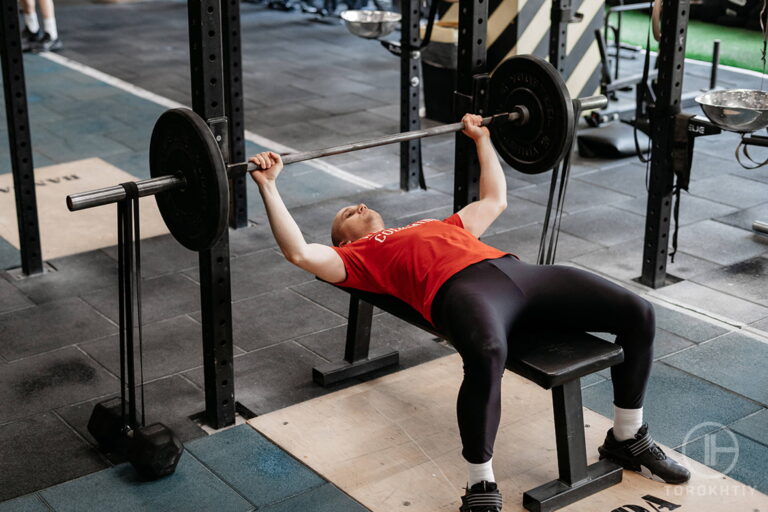
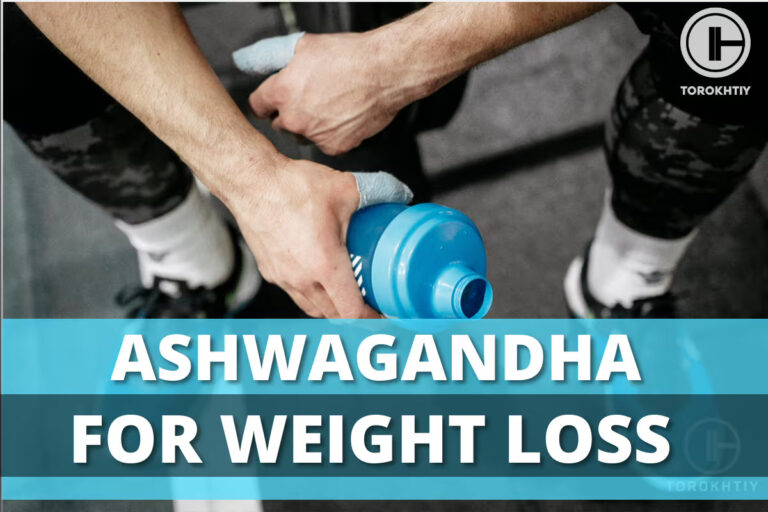
![24 Home Gym Ideas On A Budget in [Year]](https://torwod.com/wp-content/uploads/2024/02/home-gym-ideas-torokhtiy-768x512.jpg)

